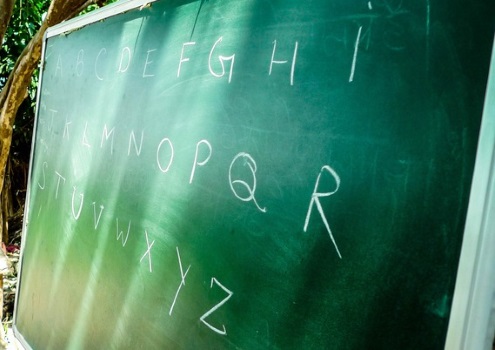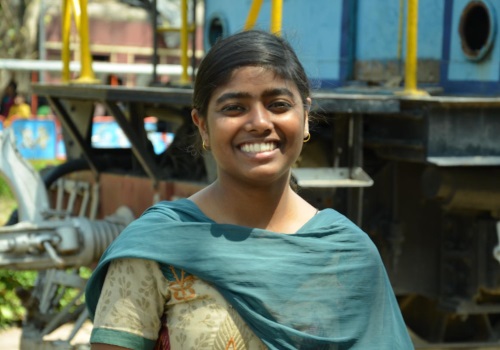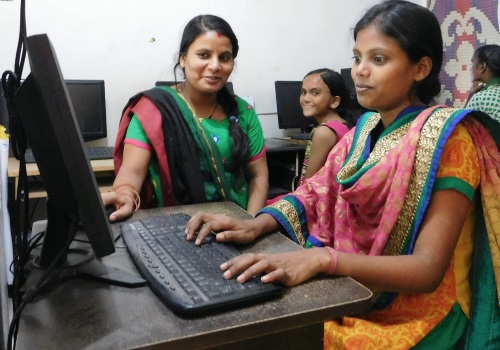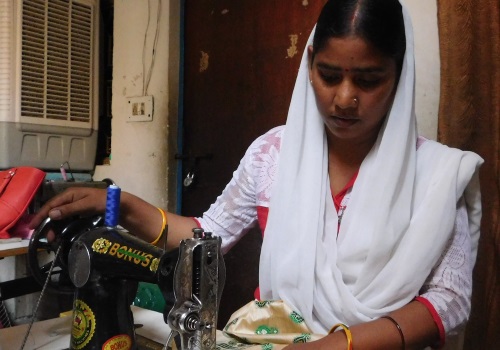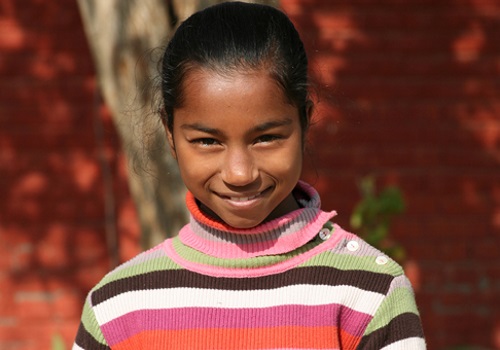Under the Right to Education (RTE) Act, passed in 2009, a free and compulsory education is guaranteed for all children aged between six and fourteen. The most recent figures for primary school enrolment in India stand at a seemingly impressive 98 per cent.
But going to school is a very different thing from receiving a quality education. Those monitoring progress on the sustainable development goal of achieving universal primary education have observed that Indian schooling, albeit ubiquitous, is simply not to standards.
At government schools, pupils face numerous challenges. Overcrowded classrooms, absent teachers, lack of toilets and unsanitary conditions are common complaints, and can eventually lead to parents deciding that the education system is simply not worth it. Moreover, given the economic conditions of many parents and the need for someone to help out around the house, there is not enough value placed on a girl’s education. Whilst girls attend primary school in roughly equal numbers to boys, the gap widens as they get older and more are forced to drop out to help with work at home or to get married.
One such story is that of Geeta, who came to Project WHY in 2008. She was studying at the time in Class 5 at the local government school. Her family is from Bihar and very poor. They came to Delhi looking for a better life and live on rent in Khader. Thankfully, her parents were quickly put in touch with us and enrolled Geeta, her sister, and her two brothers into our primary programme.
After a year of her studying at Project WHY, Geeta’s father became very sick and the doctor recommended surgery. He was the sole earner of the family but, with little employment protection law in India, he was deemed unfit to work and lost his job. The family soon found themselves unable to pay the rent or buy groceries. During one of our classes, Geeta shared her family’s situation with her resource person, who came to realise that the family were on the verge of eviction. It was decided that Project WHY would assist by raising money amongst the staff to temporarily pay her rent, in order to avoid her family living on the streets that month.
Geeta’s father, still recovering, was incredibly appreciative, and came to Project WHY personally to thank all of the teachers. We found ourselves touched by their situation and decided that a permanent solution was required. Through our community connections, we were able to find a cleaning job for Geeta’s mother in order that the family could make ends meet. Our staff, who had grown attached to the struggling family, continued to check on them every week. We encouraged them, in spite of their difficulties at home, to allow Geeta and her siblings to continue studying, which they agreed to do.
As Geeta’s father began to recover, a vacancy arose at the Project WHY Khader Centre for a security guard. As a sincere and upstanding member of the community, we offered this job to him and the family’s economic condition slowly started to improve.
Geeta, with uninterrupted education and support, secured 85% in her Class 10 exam in spite of her family’s difficulties. She was admitted for her desired science classes in Class 11, but at this point her parents went through an acrimonious divorce. With neither parent willing to pay the tuition fees, Project WHY again stepped in to fund these studies. We provided counselling to the parents and tried to maintain a healthy environment for Geeta.
Now in Class 12 and preparing to go to university, Geeta is appreciative of everything that Project WHY has done for her, saying, “if it were not for Project WHY, nobody would have helped us and our condition would have become worse”. She looks after her parents, who continue to work, and manages the household budget for herself and her siblings. She says that she will always be grateful to our staff and that “my studies have not suffered and through Project WHY’s guidance I hope to fulfil my dreams and become a doctor.”
